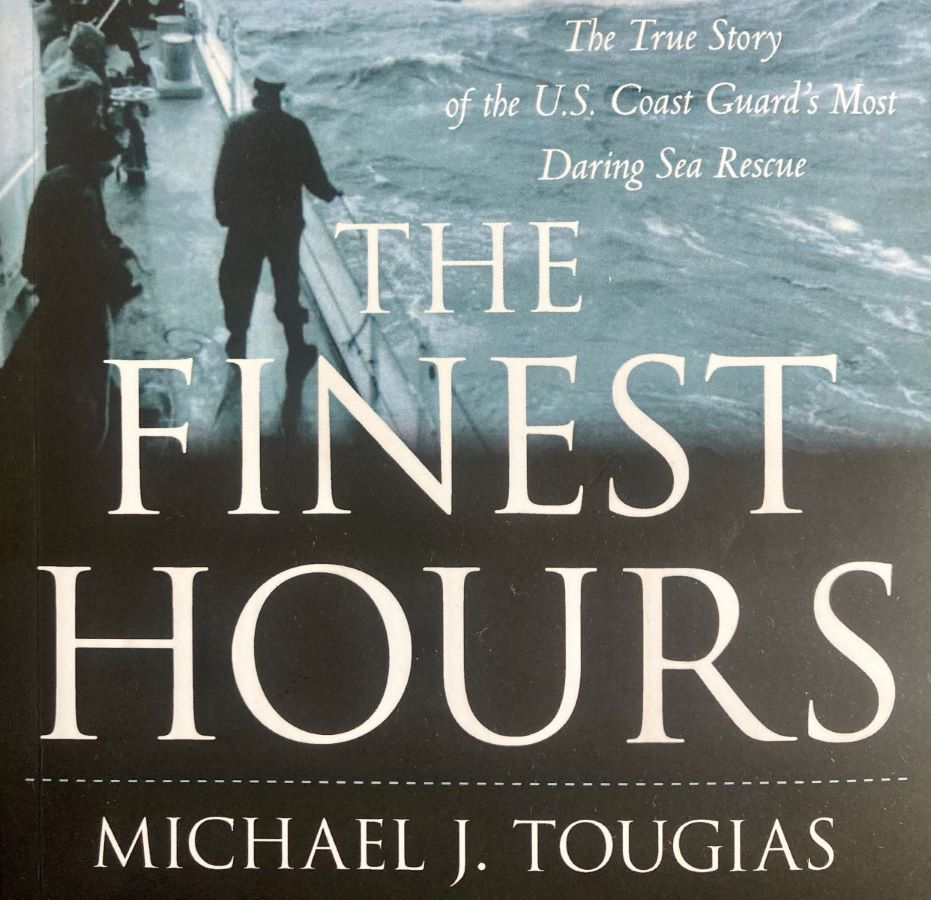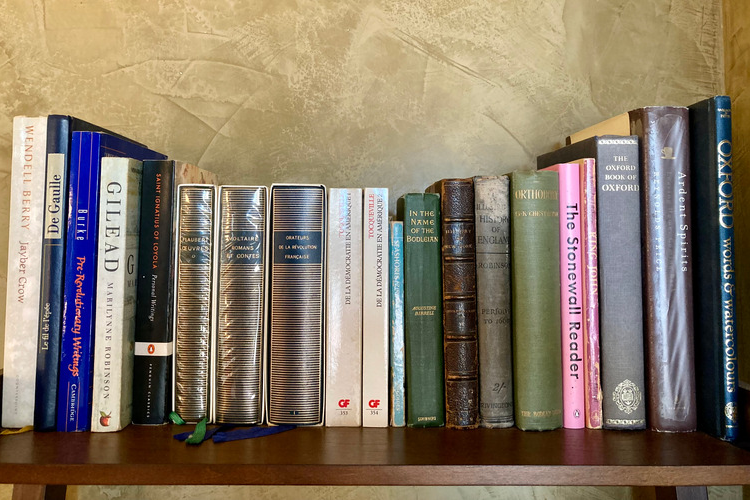
Small Classes &
Seminars
“In this class, I feel confidence and believe I can do it.”
Why Small Classes and Seminars?
While many students benefit from private tutoring, others will benefit equally or more from one of my Small Classes or Seminars.
Numerous skills desired by professors and employers—including oral communication, teamwork, and research skills (which include sharing one’s research)—can best be practiced in small group environments.


Communication Skills

How They Work
Step 1: During an initial, private consultation, we will assess your needs and recommend a group for you to join (see my Catalog of Small Classes and Seminars below). You will be placed in a Small Class or Seminar with other students at approximately your age or level of ability, and each group is capped at four participants.
Step 2: You will begin attending your Small Class or Seminar.
Step 3: At the end of each quarter—or more often, if necessary—we will schedule an additional private consultation, ensuring that you are meeting your goals and that your Small Class or Seminar is giving you the support you want.
Catalog of Small Classes and Seminars
Core English Literacy: What Every High School Student Needs
In this class, we address the “learning gaps” which can sometimes emerge in larger high school English and Social Studies classes. We focus relentlessly on core reading and writing skills—how to find a main idea, how to write a topic sentence, how to avoid plagiarism—which students will need in university.
For my Florida students, readings are generally taken from the Florida BEST English/Language Arts Standards, which feature novels such as 1984, Frankenstein, and Pride and Prejudice.
At the same time, we prioritize the reading of serious nonfiction, much of it taken from my own experience as a university-level instructor, since students will have to read and analyze serious nonfiction in university.

Available throughout the school year (August–May), and open to 8th-12th graders. Also available in an E.S.L. format. Maximum enrollment: 4.

The “Wasts” and the “Wherefores”: Understanding the Works of William Shakespeare
Florida BEST English/Language Arts Standards recommend that high school students read multiple Shakespeare plays—Romeo and Juliet, Macbeth, A Midsummer Night’s Dream, Julius Caesar, Hamlet, and King Lear—while other states have similar requirements.
In this class, we focus not only on the plot or themes of Shakespeare’s plays, but on actually understanding Shakespeare’s language (which can be notoriously inaccessible!).
Students will emerge with a greater confidence in their own reading abilities, as well as with an enhanced appreciation for the relevance of classic literary texts to their own lives.
Available during Winter, Spring, and Summer Breaks (late December, mid-March, and June–July), or by request, and open to 8th-12th graders. Also available in an E.S.L. format. Maximum enrollment: 4.
Prepping for University 101: An Introduction to Academic Reading, Writing, and Speaking
In this seminar—which simulates a seminar at university—we prepare students in the final stages of high school or their first years at university for the next stage of their education.
I ask all participants to pursue some original research of their own, in a field of interest to them, and special emphasis is placed on scholarly conventions in those fields.
You will receive an excellent preparation for conducting research, presenting your research, and communicating with your professors and T.A.’s.
Available during Winter, Spring, and Summer Breaks (late December, mid-March, and June–July), or by request, and open to 11th-12th graders and freshmen and sophomores at university. Also available in an E.S.L. format. Maximum enrollment: 4.

News & Updates
Learn something more from
my blog
Crack the Books Tutoring’s blog provides information, news, and resources related to literacy, literacy education, and university access throughout Florida and the rest of the United States. Subscribe and join the discussion!


